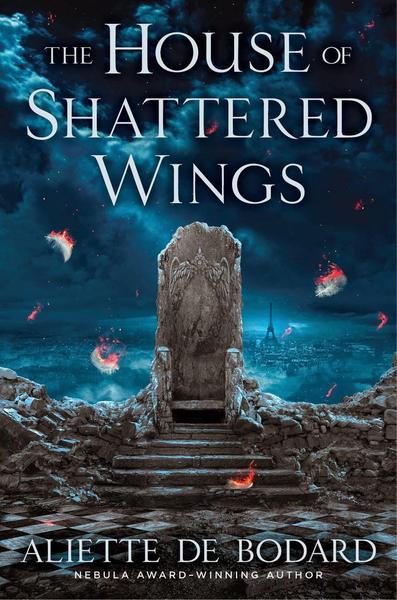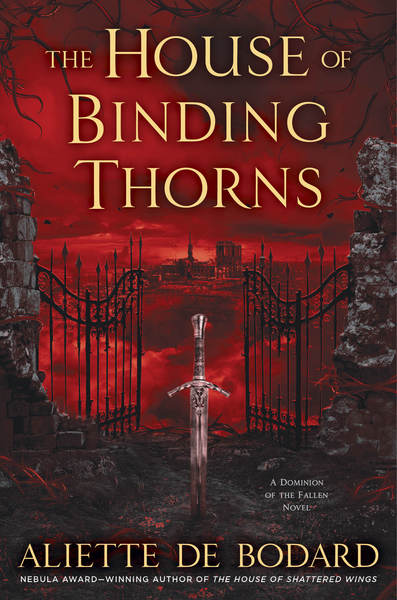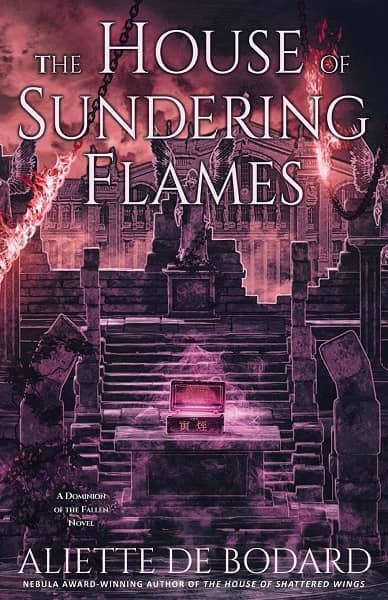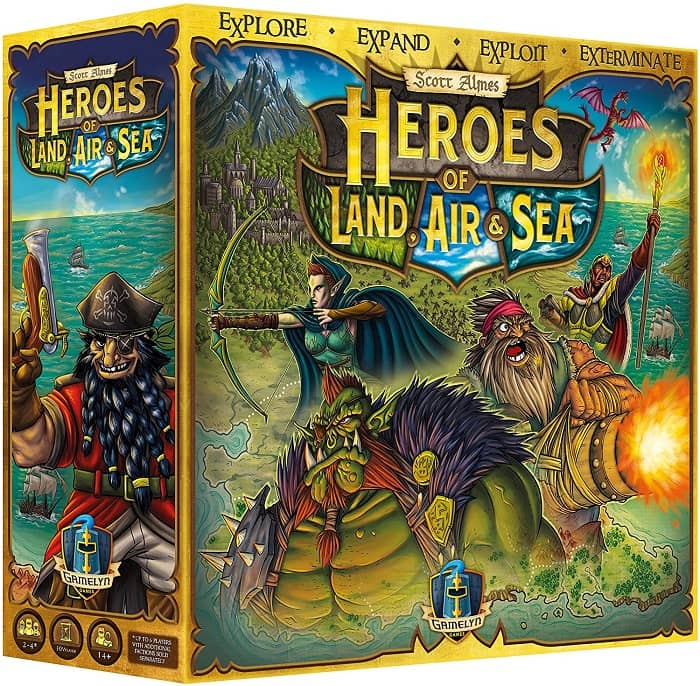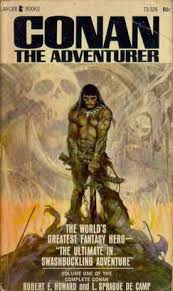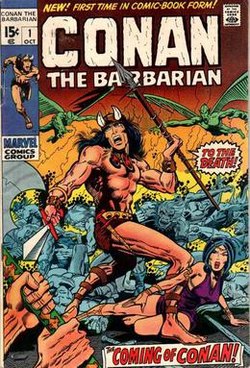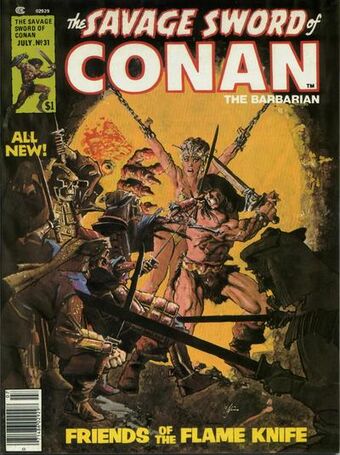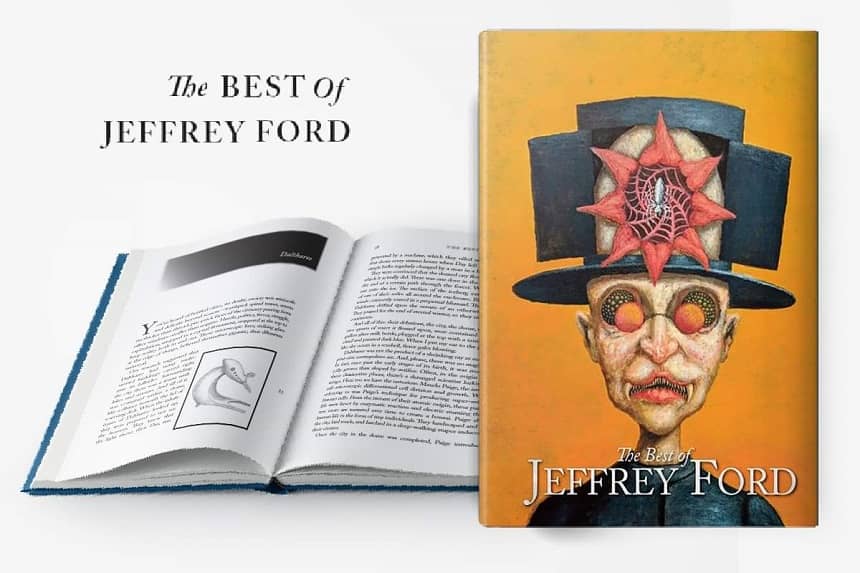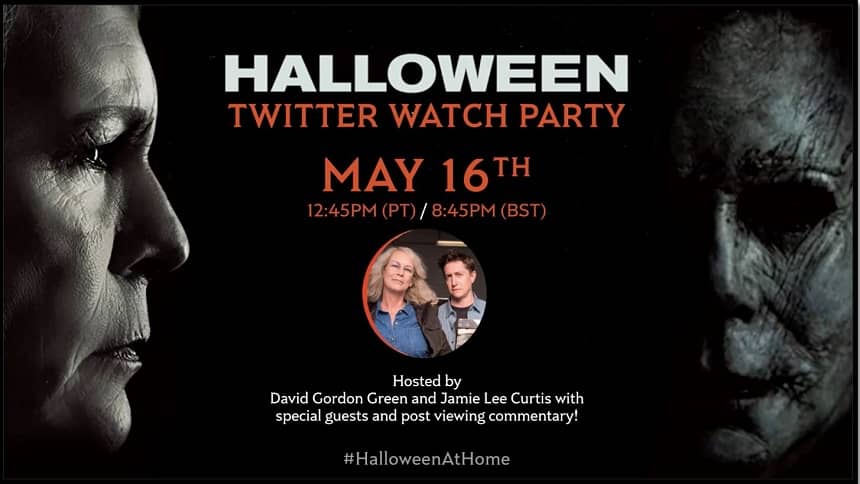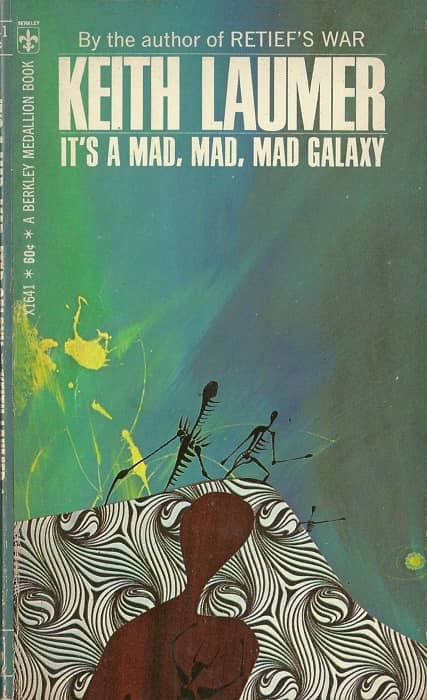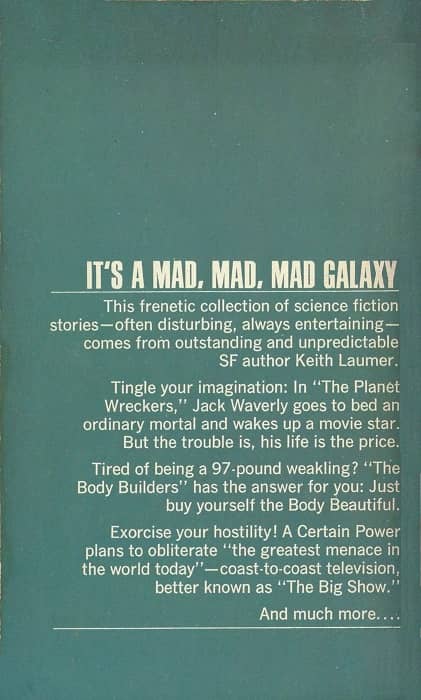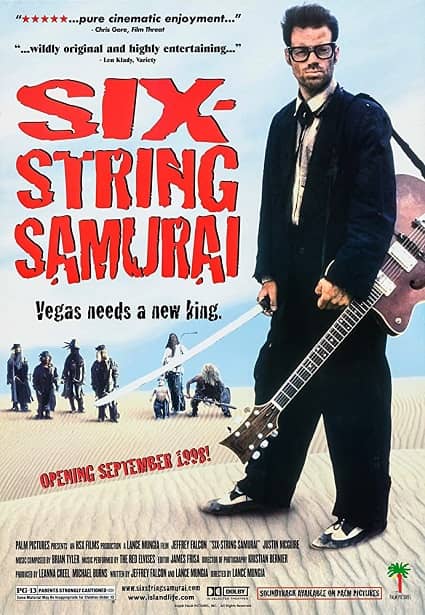Sword & Sorcery from a Bygone Era: Tales of Attluma by David C. Smith
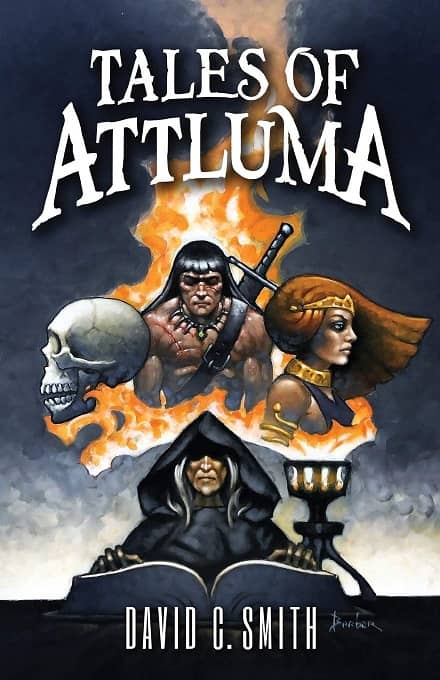 |
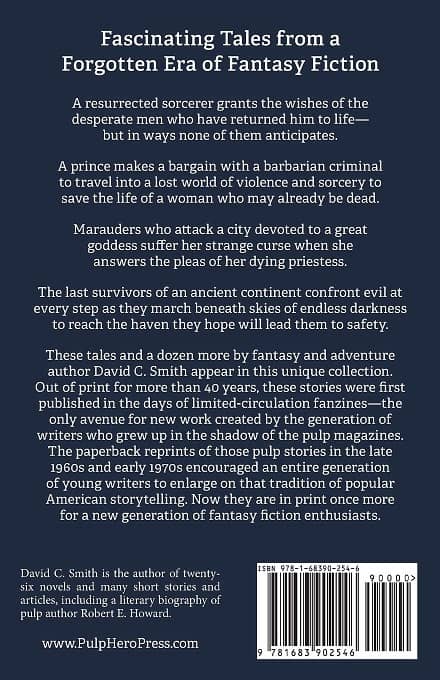 |
Cover art by Tom Barber
David C. Smith has written a number of articles for Black Gate, most recently a fine review of Brian Murphy’s history of Sword-and-Sorcery, Flame and Crimson. He’s also the author of twenty-six novels and collections, including Oron, The Fall of the First World trilogy, and Robert E. Howard: A Literary Biography. His newest is Tales of Attluma, a collection of classic S&S tales from Bob McLain’s Pulp Hero Press, most of which appeared in hard-to-find small press magazines like Gordon Linzner’s excellent Space & Time.
I asked Dave to tell us a little about his new book, and he obliged in fine style. Here’s what he said.
I’d wanted to pull these stories together into one collection for many years. Periodically, I went through them, off and on, during the past twenty-five years, tweaking them or reworking them. As I improved as a writer, I found ways to open up many of the stories or take them into new directions, so that’s what I did. A few of the later ones didn’t need much done to them, such as “Patience Serves,” or even a very early one, “Ithtidzik.” But most of those written when I was in my twenties, I was no longer happy with… So I’m glad I waited so long to pull them together. And that was only possible because of Bob McLain. I didn’t think there was a chance in hell of an oversized commercial publisher picking up Tales of Attluma, but Pulp Hero Press is ideal. They work closely with their authors, so what I had in mind and what Bob was going for dovetailed nicely. And it’s interesting to see how I matured as a writer. The early stories revolve around plots; as I got older, the stories became character-driven or dealt with ideas. And I feel the quality of my writing has improved, too. I like that.
Unfortunately Pulp Hero Press doesn’t have a website — but Dave Ritzlin of DMR Books comes through by providing a virtual website for the book, with all the essential details. Thanks, Dave.
